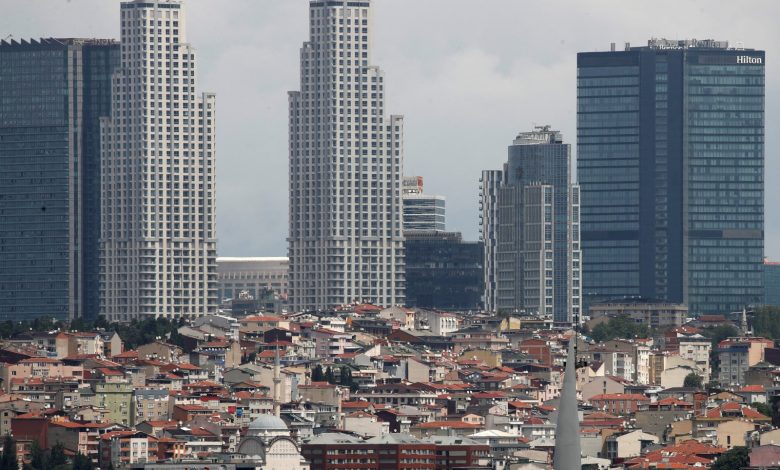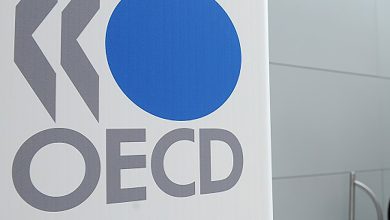House price gains in Türkiye remain high but real fall gains pace

Housing prices across Türkiye increased by 38.7% in nominal terms in July compared to the same month last year, according to new data released by the central bank on Friday.
However, when adjusted for inflation – a key factor in Türkiye’s current economic landscape – those gains translate into a real decline of 14.3%, the Central Bank of the Republic of Türkiye (CBRT) said.
The data, part of a revamped calculation methodology, aims at providing more timely insights into the housing market across the country.
It coincides with the official data this week showing house sales rebounded in July to reach the highest level this year, despite elevated mortgage rates and high prices plaguing the industry.
The central bank’s Residential Property Price Index (RPPI) tracks price shifts in the real estate industry, adjusted to exclude the impact of quality changes.
In economic terms, a nominal price increase refers to the raw percentage change in the value of an asset, without adjusting for inflation. In contrast, real terms account for inflation, providing a clearer picture of whether the value of that asset is truly increasing in purchasing power.
In Türkiye’s case, while nominal housing prices have increased sharply, the value of these properties has actually decreased in real terms.
The CBRT’s revised data, published 30 days ahead of the usual schedule, revealed that Istanbul, Türkiye’s largest city and a key driver of its real estate market, saw the smallest nominal increase among major regions, with prices rising by 26.8% year-over-year.
Month-over-month, the national housing price index showed a modest increase of 0.9% in July.
The update comes after the central bank announced changes to its calculation methods, which now use monthly data rather than the previous three-month rolling average.
A blog post on the bank’s website detailed the rationale for the change, emphasizing that the new method would provide a more immediate reflection of housing price trends, allowing for better public and market awareness of short-term movements.
Türkiye has been grappling with persistently high inflation, a challenge exacerbated by global supply chain disruptions and fluctuating energy prices.
Authorities have delivered aggressive tightening as of the second half of last year aimed at reining in inflation, which eased to an annual rate of 61.8% in July, according to official data, accelerating what is expected to be a sustained slide.
The central bank has hiked its benchmark policy rate by 4,150 basis points since June last year and kept the rate unchanged at 50% since March to allow the tightening to have an impact.
Higher interest rates typically lift borrowing costs for mortgages, auto loans and credit cards.
House sales rose to 127,088 homes in July, up 16% from a year ago, marking the highest level this year, according to the Turkish Statistical Institute (TurkStat) data.
From January through June, some 672,162 residential properties exchanged hands, a slight rise of 0.5% compared to the prior year.
Mortgaged house sales fell 20.9% year-over-year in July, while plunging by nearly 54% in the first seven months, according to the data.
Home sales declined 17.5% in 2023 to a nine-year low of 1.23 million amid tightening conditions, elevated housing loan rates, and a shift toward alternative investment avenues offering higher returns.






